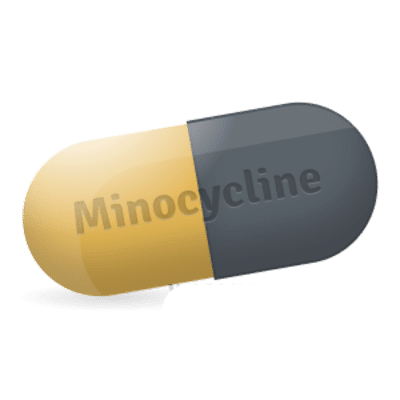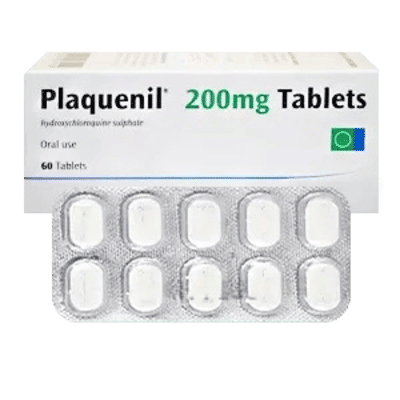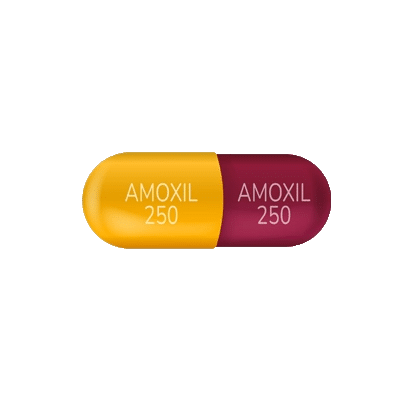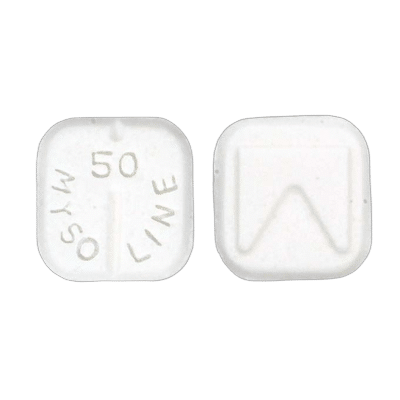I have been taking Minocycline for a few weeks now to combat acne. It has been very effective, the redness has been greatly reduced and the skin condition has improved. I now try to take it regularly at the same time each day.

Minocycline
- Quality products
- Support 24/7
- Fast delivery
What is it?
Minocycline is a drug widely used in medicine to combat bacterial infections. It belongs to the class of tetracycline antibiotics and helps slow the growth of certain bacteria, thereby allowing the bodys immune system to destroy them. The drug is in demand in the treatment of various infections, and it is also prescribed together with other medications to treat severe forms of acne. Minocycline is available in tablet form and is available in several dosages, which allows doctors to select the optimal course of treatment for each patient.
Composition
The composition of Minocycline includes the active substance - minoccycline. This is an antibiotic from the tetracycline group, which effectively fights a wide range of bacteria. Along with the main component, the composition may also include excipients that improve the absorption of the drug by the body. The drug also contains other ingredients to ensure the stability and activity of the drug.
- Minoccycline hydrochloride
- Microcrystalline cellulose
- Magnesium stearate
- Sodium croscarmellose
Each of these components plays a role in ensuring the effectiveness and ease of taking Minocycline.
How to use?
To use Minocycline effectively, you must follow your doctors instructions. The drug is usually taken at different times of the day depending on the individual patient and the infection being treated.
- Before taking Minocycline, follow your doctors instructions regarding dosage and timing.
- Some forms of the drug can be taken with food, while others are best taken on an empty stomach; check with your doctor.
- Tablets should be swallowed whole with a full glass of water (240 ml).
- Avoid lying down for 30 minutes after taking the drug.
- Avoid taking certain minerals and vitamins for 2-3 hours before and after taking Minocycline to avoid reducing its effectiveness.
Following these guidelines will help ensure that your treatment is as effective as possible.
How does it work?
Minocycline acts as a potent antibiotic, slowing the growth and spread of bacteria in the body. The drug inhibits their replication, which allows the immune system to better cope with the infection. Due to its effect, Minocycline helps eliminate infectious diseases and is often used when other antibiotics do not bring the desired effect. This antibiotic acts systemically, reversing inflammatory processes and helping patients recover faster.
The drugs effectiveness is due to its ability to bind to the ribosomes of bacterial cells, disrupting the synthesis of their proteins. Accordingly, this creates an environment in which bacteria cannot grow and multiply, which contributes to their death and improves the patients condition.
Indications
Minocycline is used to treat a variety of different infections caused by bacteria. This allows the doctor to select the drug as the main or additional drug in complex therapy. In some cases, the drug is used to prevent infections in patients with a weakened immune system.
- Respiratory tract infections, such as bronchitis and pneumonia
- Various skin infections, including severe forms of acne
- Urinary tract infections
- Sexually transmitted infections, such as chlamydia
Indications for use may vary depending on medical recommendations and specific clinical cases.
Contraindications
Like any other medicine, Minocycline has contraindications that are important to consider when using it. Some of them are due to the bodys reaction to the active ingredients of the drug or its interaction with other medications.
- Allergy to Minocycline components
- Use in combination with drugs such as acitretin or isotretinoin
- Combination with methoxyflurane or any penicillin-based drugs
Before starting treatment, it is important to consult a doctor and make sure that there are no contraindications.
Side effects
There are various possible side effects when using Minocycline, as with many antibiotics. Some may be mild and go away on their own, but others may require medical intervention.
- Gastrointestinal problems such as nausea and vomiting
- Headache and dizziness
- Discoloration of the skin and teeth
- Rash or other allergic reactions
If side effects occur, it is recommended to consult a doctor to rule out serious complications.
Frequently asked questions
Minocycline Reviews and Experiences
After the course of Minocycline I noticed a significant improvement in the condition of my skin. Although at the beginning of the course there were mild side effects, such as headaches, over time they passed. I am very pleased with the result and I advise you to consult a doctor before starting treatment.
I have used Minocycline several times to treat infections. It always helps, quickly relieves inflammation and pain. The main thing is to remember to take it regularly and not to miss doses.









